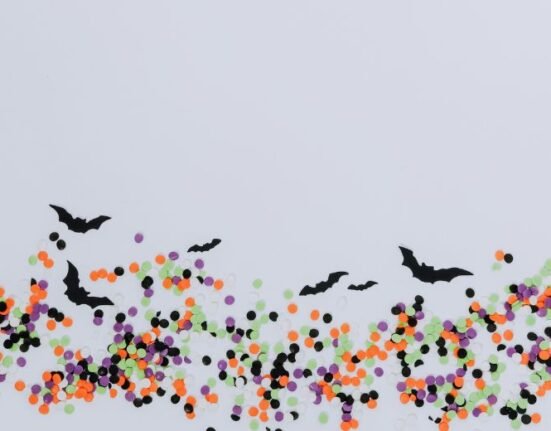HQ Team
January 6, 2023: Global cold spells and frost days are set to fall as New Year temperatures soar above 20 degrees Celsius in European nations, according to the WMO.
“Strong declines in glaciers, permafrost, snow cover extent, and seasonal snow duration at high latitudes and altitudes are observed and will continue in a warming world,” the WMO stated, quoting IPCC’s peer-reviewed scientific data.
The WMO stated that many European ski resorts at lower altitudes need help to provide adequate snow cover for their early-season visitors.
A reading of 25.1C on January 1 at Spain’s Bilbao airport broke the previous record established a year earlier by 0.7 Celsius.
In the eastern French city of Besançon, which is usually chilly at this time of year, temperatures hit a new all-time high of 18.6 degrees on New Year’s Day, 1.8C above the previous record, dating back to January 1918.
Dresden
The German city of Dresden saw the 1961 New Year’s Eve record of 17.7C, trailing by the 19.4C reading taken on December 31, 2022.
Poland’s Warsaw residents rang in the new year with temperatures peaking at 18.9C, a whooping 5.1 Celsius higher than the previous record for January 1993.
Denmark’s Lolland island started the New Year with a new high of 12.6C, overtaking the 12.4C record in 2005.
WMO attributed the warm spell in Europe to a high-pressure zone over the Mediterranean, which encountered an Atlantic low-pressure system.
Due to the influence of warmer sea waters on weather patterns in the eastern North Atlantic, sea surface temperature was one degree Celsius to two degrees higher than average, and “near the coasts of Iberia, even more.”
Record-breaking heat
“All this caused record-breaking heat in several European countries on New Year’s Eve and New Year’s Day,” according to the WMO.
In recent years, Bosnia and Herzegovina, in Eastern Europe, has been impacted by climate change-related extreme weather, from intense rainfall to heat waves.
“The weather extremes experienced in Europe are projected to carry on increasing. Regardless of future levels of global warming, temperatures will rise in all European areas at a rate exceeding global mean temperature changes, similar to past observations,” the IPCC said.
The panel’s experts further warned that “critical thresholds” for the environment and humans “are projected to be exceeded for global warming of 2 degrees Celsius and higher”.








